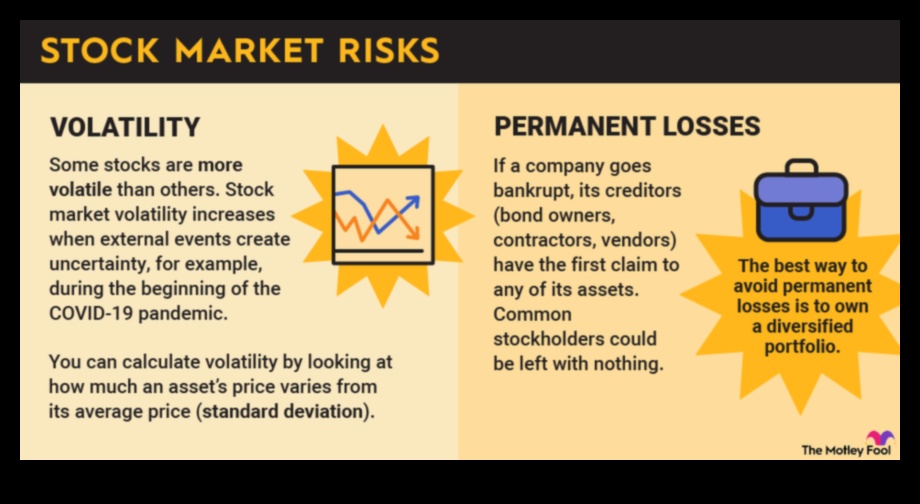
What are certified funds?
Certified funds are a type of money market fund that is regulated by the U.S. Securities and Exchange Commission (SEC). They are considered to be safe investments because they are backed by the full faith and credit of the U.S. government. Certified funds are typically used by investors who are looking for a safe place to park their money until they need it.
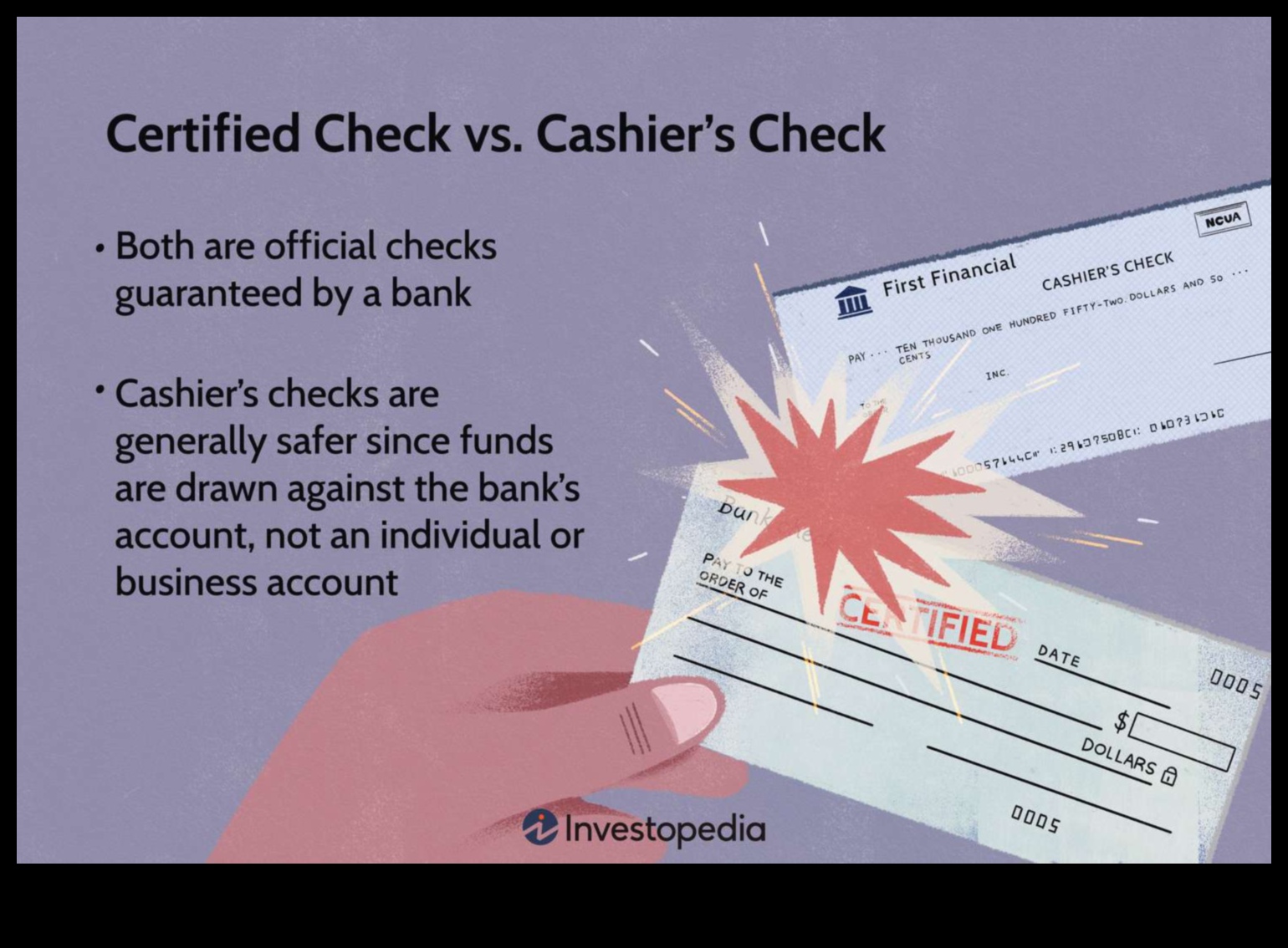
Why are certified funds important?
Certified funds are important because they provide a safe and liquid investment option for investors. They are also a good way to park money until it is needed for a specific purpose, such as a down payment on a house or a retirement savings goal.
How do I get certified funds?
You can get certified funds through a brokerage account or a bank. You can also purchase them directly from the fund company.
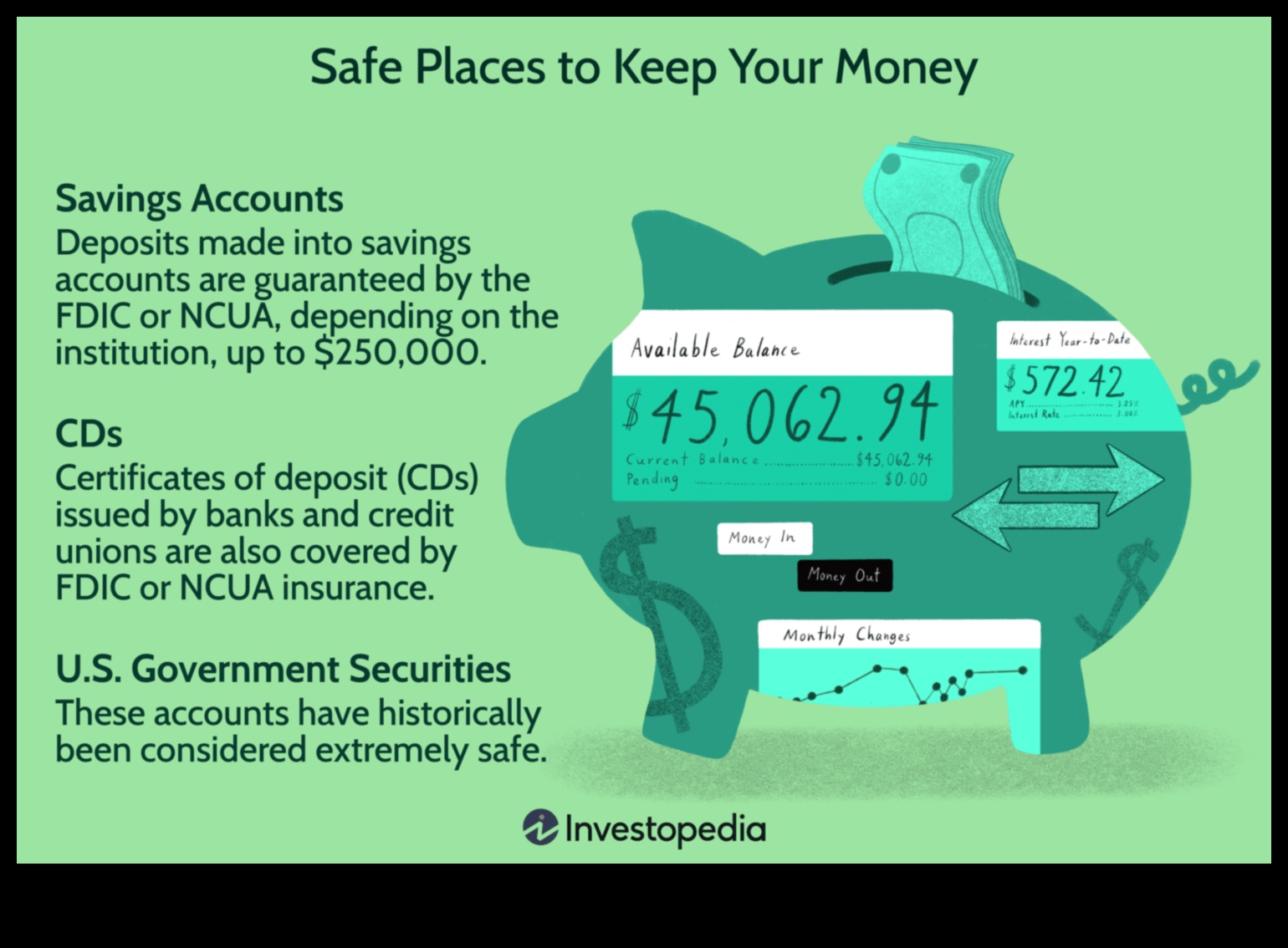
What are the benefits of certified funds?
The benefits of certified funds include:
* Safety: Certified funds are backed by the full faith and credit of the U.S. government, so they are considered to be one of the safest investments available.
* Liquidity: Certified funds are very liquid, meaning that you can easily sell them and get your money back.
* Low fees: Certified funds typically have low fees, making them a good option for investors who are looking for a cost-effective investment.
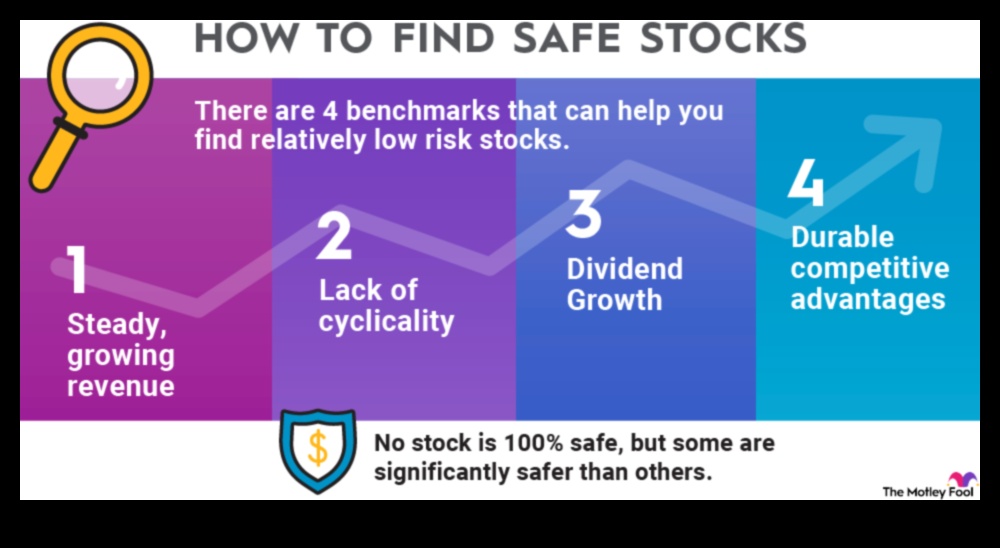
What are the risks of certified funds?
The risks of certified funds include:
* Inflation: The value of certified funds can decrease due to inflation.
* Interest rate risk: The value of certified funds can decrease if interest rates rise.
* Credit risk: The value of certified funds can decrease if the credit quality of the underlying investments declines.
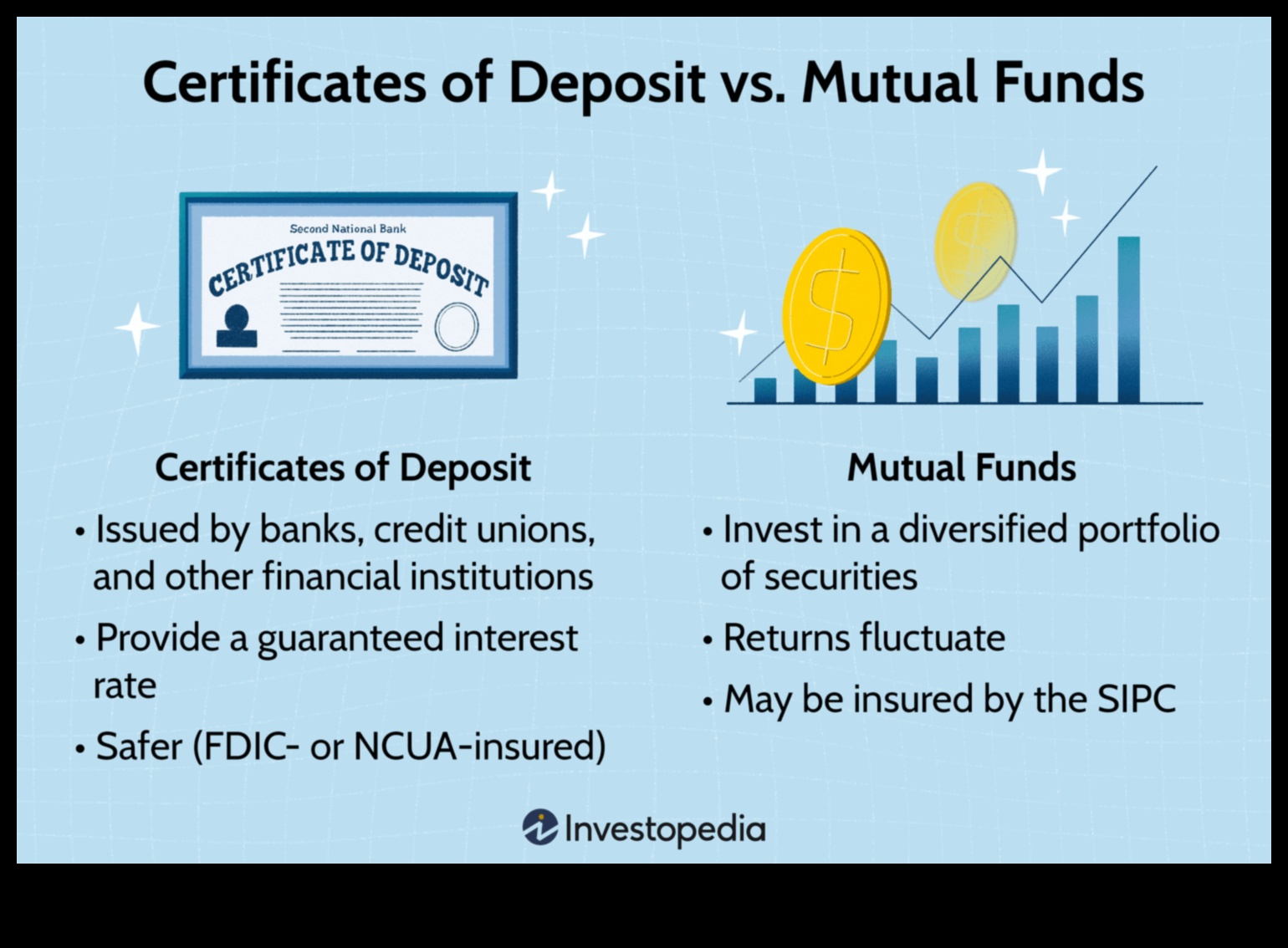
How are certified funds regulated?
Certified funds are regulated by the U.S. Securities and Exchange Commission (SEC). The SEC requires certified funds to be held in a trust and to meet certain investment criteria.
What are the different types of certified funds?
There are two main types of certified funds:
* Government-sponsored funds: These funds are backed by the full faith and credit of the U.S. government.
* Non-government-sponsored funds: These funds are not backed by the full faith and credit of the U.S. government.
Where can I invest in certified funds?
You can invest in certified funds through a brokerage account or a bank. You can also purchase them directly from the fund company.
How can I track my certified funds investments?
You can track your certified funds investments through your brokerage account or your bank. You can also track them directly from the fund company.
FAQ
* What are the different types of government-sponsored certified funds?
* Treasury bills
* Treasury notes
* Treasury bonds
* Federal agency securities
* What are the different types of non-government-sponsored certified funds?
* Money market funds
* Cash funds
* Stable value funds
* How much money do I need to invest in certified funds?
* There is no minimum investment requirement for certified funds.
* How often can I withdraw money from my certified funds investment?
* You can withdraw money from your certified funds investment at any time.
* How are certified funds taxed?
* Certified funds are taxed as ordinary income.
| Feature | Certified Funds | Money Market Funds | Regulated Funds | Safe Investments | Risk-Free Investments |
|---|---|---|---|---|---|
| Investment Objective | Preserve principal and generate income | Preserve principal and generate income | Preserve principal and generate income | Preserve principal | Preserve principal |
| Liquidity | High | High | High | High | High |
| Risk | Low | Low | Low | Low | Low |
| Returns | Low | Low | Low | Low | Low |
| Regulation | Yes | Yes | Yes | Yes | Yes |
What are certified funds?
Certified funds are a type of money market fund that is regulated by the U.S. Securities and Exchange Commission (SEC). They are considered to be safe investments because they are backed by U.S. government securities and have a low risk of default. Certified funds are often used as a place to park cash until it is needed for other investments.
III. How do I get certified funds?
There are a few different ways to get certified funds. You can purchase them directly from a bank or brokerage firm, or you can invest in them through a mutual fund or exchange-traded fund (ETF).
If you’re purchasing certified funds directly from a bank or brokerage firm, you’ll need to open an account and provide some personal information, such as your name, address, and Social Security number. You’ll also need to make a deposit, which can be as little as $100.
If you’re investing in certified funds through a mutual fund or ETF, you’ll need to open an account with a brokerage firm. You’ll then need to transfer money from your bank account to your brokerage account and purchase shares of the mutual fund or ETF that invests in certified funds.
Once you’ve purchased certified funds, you can hold them in your account until you’re ready to sell them. You can also use them to earn interest or dividends.
IV. What are the benefits of certified funds?
Certified funds offer a number of benefits to investors, including:
-
High liquidity
-
Low risk
-
Convenience
-
Tax efficiency
Let’s take a closer look at each of these benefits.
High liquidity: Certified funds are very liquid, meaning that they can be easily redeemed for cash. This is important for investors who need to access their money quickly.
Low risk: Certified funds are considered to be low-risk investments. This is because they are invested in high-quality, short-term securities. As a result, certified funds are unlikely to lose value in the short term.
Convenience: Certified funds are convenient to invest in. They can be purchased through a variety of financial institutions, including banks, brokerage firms, and mutual fund companies.
Tax efficiency: Certified funds are tax-efficient investments. This is because they are not subject to capital gains taxes when they are redeemed.
Overall, certified funds offer a number of benefits to investors. They are liquid, low-risk, convenient, and tax-efficient. This makes them a good option for investors who are looking for a safe place to park their money.
V. Risks of certified funds
Certified funds are considered to be safe investments, but there are still some risks associated with them. These risks include:
Credit risk: The credit risk of a certified fund is the risk that the issuer of the fund will default on its obligations. This risk is generally low for certified funds, as they are typically backed by government securities or other high-quality assets. However, there is always a chance that the issuer could default, which could lead to losses for investors.
Liquidity risk: The liquidity risk of a certified fund is the risk that the fund will not be able to meet its redemption requests in a timely manner. This risk is generally low for certified funds, as they are typically held in cash or other highly liquid assets. However, there is always a chance that the fund could experience a liquidity crisis, which could lead to delays in redemptions or even losses for investors.
Interest rate risk: The interest rate risk of a certified fund is the risk that the value of the fund will decline if interest rates rise. This risk is generally low for certified funds, as they are typically invested in short-term securities. However, if interest rates rise significantly, the value of the fund could decline.
Volatility risk: The volatility risk of a certified fund is the risk that the value of the fund will fluctuate significantly over time. This risk is generally low for certified funds, as they are typically invested in stable assets. However, there is always a chance that the fund could experience significant volatility, which could lead to losses for investors.
II. Why are certified funds important?
Certified funds are important because they offer a safe and secure investment option for investors. They are backed by the full faith and credit of the U.S. government, and they are insured by the FDIC up to $250,000 per depositor. This makes them a good choice for investors who are looking for a safe place to park their money.
Certified funds are also liquid, which means that investors can easily access their money when they need it. This makes them a good choice for investors who may need to use their money in the near future.
Finally, certified funds offer competitive yields. While they are not the most aggressive investment option, they do offer a higher yield than savings accounts or CDs. This makes them a good choice for investors who are looking for a safe and secure investment that will also generate some income.
Overall, certified funds are an important investment option for investors who are looking for a safe, secure, and liquid investment that will also generate some income.
VII. What are the different types of certified funds?
There are a variety of different types of certified funds, each with its own unique set of features and benefits. Some of the most common types of certified funds include:
- Government-sponsored enterprise (GSE) funds
- Bank-sponsored funds
- Broker-dealer-sponsored funds
- Money market funds
- Prime money market funds
- Institutional money market funds
- Government bond funds
- Corporate bond funds
- Municipal bond funds
- Treasury Inflation-Protected Securities (TIPS) funds
Each type of certified fund has its own unique set of risks and rewards, so it is important to carefully consider your investment goals and risk tolerance before making a decision.
For example, GSE funds are backed by the full faith and credit of the U.S. government, which means that they are considered to be one of the safest investments available. However, they also tend to have lower yields than other types of certified funds.
On the other hand, money market funds are not backed by the government, but they are still considered to be very safe investments. They typically have very low yields, but they are also very liquid, which means that you can easily access your money when you need it.
Ultimately, the best type of certified fund for you will depend on your individual needs and circumstances.
Where can I invest in certified funds?
Certified funds can be invested in through a variety of financial institutions, including banks, brokerage firms, and mutual fund companies. When you invest in a certified fund, your money is pooled together with the money of other investors and invested in a portfolio of short-term securities, such as Treasury bills, commercial paper, and certificates of deposit.
The specific investments that are included in a certified fund’s portfolio will vary depending on the fund’s investment objectives and risk tolerance. However, all certified funds are required to maintain a minimum level of liquidity, which means that they can be easily redeemed by investors at any time.
Certified funds are a safe and secure investment option for investors who are looking for a place to park their money until they need it. They offer a higher yield than savings accounts and CDs, but they are not as risky as stocks or bonds.
If you are interested in investing in certified funds, you should talk to your financial advisor to find a fund that is right for you.
There are a few different ways to track your certified funds investments. You can:
- Log in to your online brokerage account and view your account history.
- Call your brokerage firm and request a statement.
- Download a statement from your brokerage firm’s website.
- Use a third-party financial tracking tool.
When tracking your certified funds investments, it is important to keep the following in mind:
- The value of your investments may fluctuate over time.
- You may have to pay fees to buy and sell certified funds.
- Your investments may be subject to taxes.
By understanding how to track your certified funds investments, you can make informed decisions about your financial future.
FAQ
Question 1: What are certified funds?
Answer: Certified funds are a type of money market fund that is regulated by the Securities and Exchange Commission (SEC). They are considered to be safe investments because they are backed by the full faith and credit of the U.S. government.
Question 2: Why are certified funds important?
Answer: Certified funds are important because they provide a safe place to invest money for short-term goals, such as saving for a down payment on a house or paying for college. They are also a good option for investors who are looking for a low-risk investment with a steady return.
Question 3: How do I get certified funds?
Answer: You can get certified funds through a brokerage account or from a bank. You can also purchase certified funds directly from the fund company.